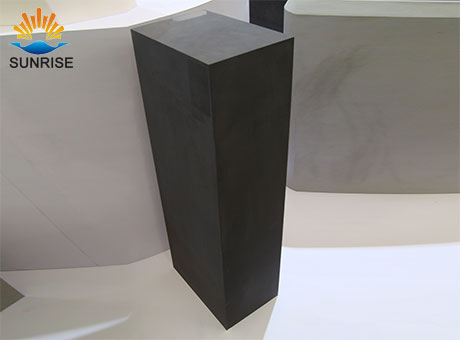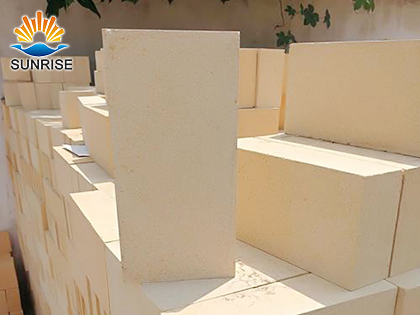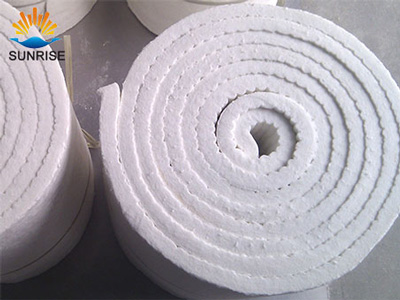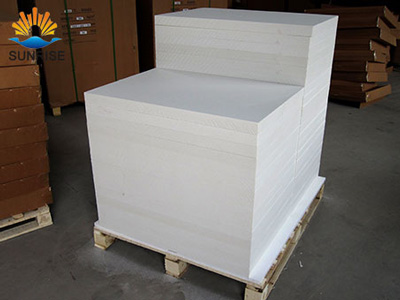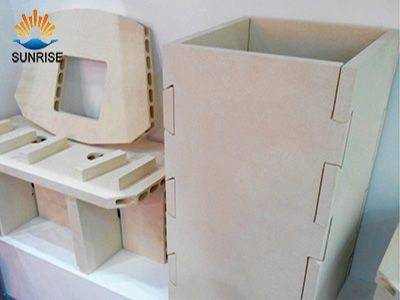Refractory knowledge
- Introduction to the production process of
- The origin and development of refractory
- Application of Lightweight Clay Brick in
- How to improve the insulation performance
- Lightweight fire brick performance
- How to Bake High Alumina Bricks
- Physical properties of refractory materia
- Improve the service life of chrome corund
Hot Products
Mullite insulation brick
The mullite insulation brick is a high alumina refractory material mainly composed of mullite (3Al2O3·2SiO2). Generally, the alumina content is between 65% and 75%. In addition to mullite, the mineral composition contains a small amount of glass phase and cristobalite, and a higher amount of alumina also contains a small amount of corundum. The mullite insulation brick can be directly used for lining of high temperature kiln, and has been widely used in the lining of shuttle kiln, roller kiln, glass and petrochemical kiln.
First, the classification of mullite insulation brick:
Mullite insulation bricks are mainly divided into light and heavy mullite bricks according to the density. According to the different temperature, they are mainly divided into: 1350 mullite insulation brick, 1450 mullite insulation brick, 1550 mullite brick, etc. .
The performance and application of mullite insulation bricks: high refractoriness, up to 1790 °C. The load softening start temperature is 1600 to 1700 °C. Normal temperature compressive strength is 70 to 260 MPa. Good thermal shock resistance. There are two kinds of sintered mullite bricks and electric fused mullite bricks. The sintered mullite brick is made of high alumina bauxite clinker as a main raw material, and a small amount of clay or raw bauxite is added as a binder, which is formed by molding and firing. The electric melting mullite brick is made of high alumina, industrial alumina and refractory clay, and is added with charcoal or coke fine particles as a reducing agent, and is formed by reduction electrofusion after molding. The crystal of fused mullite is larger than sintered mullite, and the thermal shock resistance is better than that of sintered products. Their high temperature performance depends mainly on the alumina content and the uniformity of the mullite phase and glass distribution. Mainly used in hot stove top, blast furnace body and furnace bottom, glass furnace regenerator, ceramic sintering kiln, oil cracking system dead angle lining.
Second, the product characteristics of mullite insulation brick:
1. Low thermal conductivity and good thermal insulation effect;
2. The mullite insulation brick has low heat fusion. Due to the low thermal conductivity, the mullite series of lightweight thermal insulation bricks accumulate little heat energy, and the energy saving effect is obvious in the intermittent operation;
3, low impurity content has a very low oxide content such as iron alloy alkali metal, therefore, high refractoriness; higher aluminum content to maintain good performance under reducing atmosphere;
4, mullite insulation bricks have high thermal compressive strength;
5, the appearance of the size is accurate, speed up the masonry, reduce the amount of refractory mud, to ensure the strength and stability of the masonry, thereby extending the life of the lining;
6, mullite insulation brick can be processed into a special shape. To reduce the number of bricks and joints